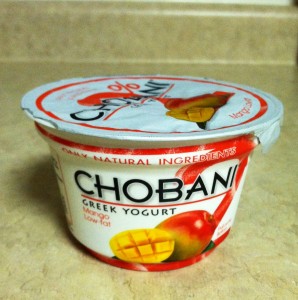I’m sure we all remember a time when the word “queer” was socially unacceptable to say, and for good reason. It was often used as a derogatory term specifically targeting the LQBTQ community. However, millennials are doing what we do best: changing things up to rock the boat. There has been a slow and steady revolution of the word’s purpose.
Oxford dictionary explains that the word “queer” was first used to define homosexuality in the late 19th century. At this time it was an uncompromising, pejorative term. In the late 1980s, some gay people began calling themselves queer instead of gay or homosexual to reclaim the word. Now more than ever, “queer” is making a comeback, and outside groups now have the privilege of positively using the word.
The LGBTQ acronym can get pretty confusing because letters are constantly being added to stay inclusive of all sexual identities. In fact, the most politically correct acronym to use as of right now is LGBTQQIAAP— Lesbian, Gay, Bisexual, Transsexual, Queer, Questioning, Intersex, Asexual, Allies, and Pansexual. What most people do not realize is that the “Q” actually stands for “queer” or “questioning.”
According to Pride.com, there are a few reasons why it is OK to use the word “queer” now. The word promotes inclusivity. It acts as an umbrella term for everyone within the community, and even people who have not decided, yet. That is another reason why the word can carry meaningful weight. 25 million people in America are questioning their sexuality, which can probably become incredibly lonely. A broad category word, such as “queer,” allows a person to feel a part of something and explore their identity.
“Queer” also inhibits pesky labels. For someone who doesn’t think they perfectly adhere to any label, they can call themselves queer.
For the LGBTQ community, the word in question elicits pride. They had the power to turn a once hurtful term into something meaningful. They reclaimed it; therefore, it is a word that unifies the community.
For one LGBTQ student, Diane Wald, who majors in French and International Studies, “queer” has had a positive impact on her life. She acknowledges that her sexuality in itself is queer.
“I love [the word queer] because it’s an umbrella term for anything not straight or cigendered. So, because I’m willing to date women, men, or other non-binary people, I don’t like the word ‘bisexual’ because that implies two genders. Queer works because it means I don’t need a hard label,” says Wald.
Wald says that “queer” is not a slur like it’s been in the past. It’s only offensive if you use it an offensive way.





